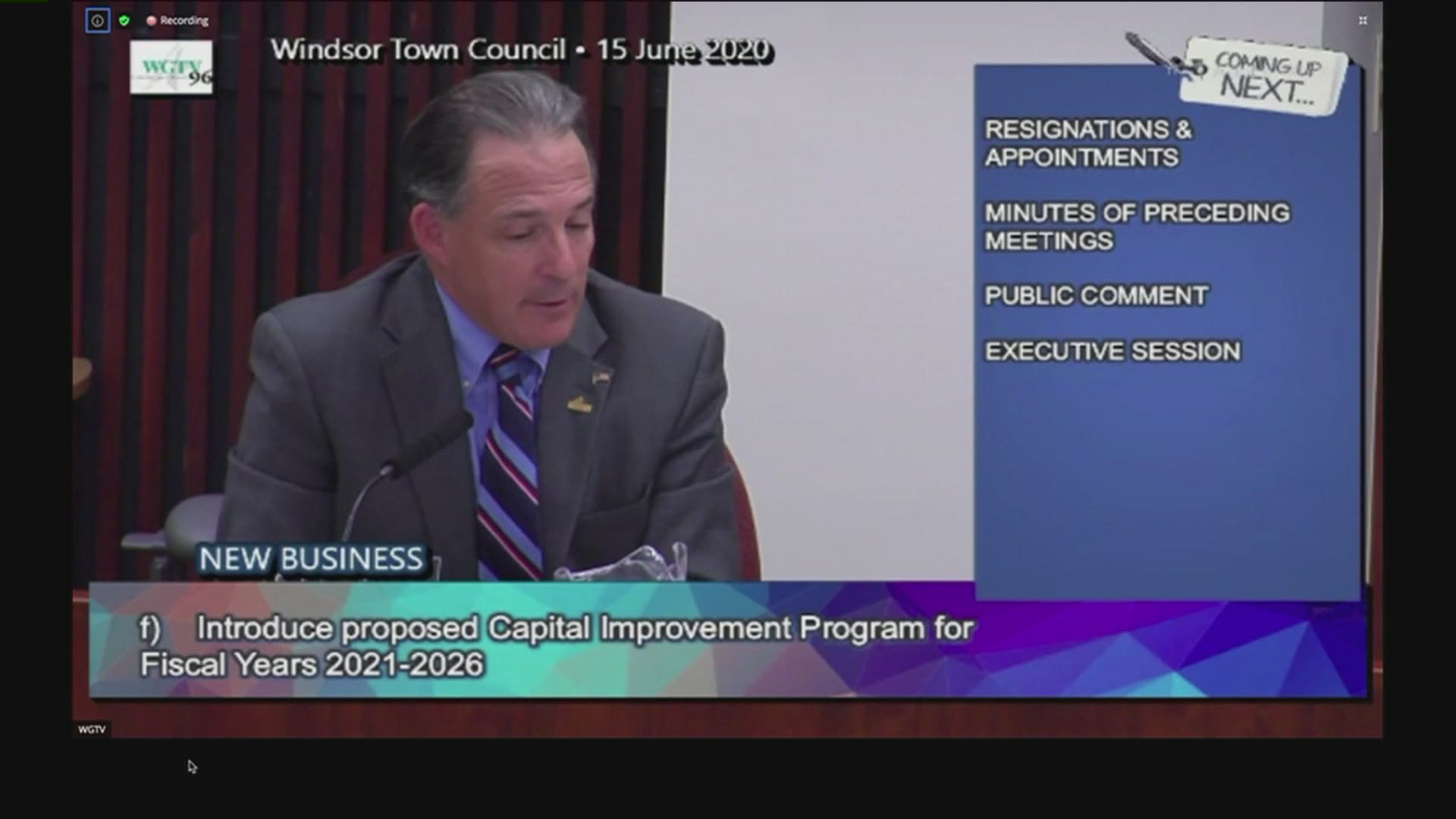WINDSOR, Conn. — The Windsor town council took a stand on racism Monday night.
They have become the first community in the state to pass a resolution declaring racism a public health crisis.
The town council voted unanimously to pass this resolution.
The resolution states that minorities are more likely to experience poor health outcomes as a consequence of inequities in economic stability, education, physical environment, food, and access to health care. It notes that more than 100 studies have linked racism to poorer health outcomes.
A Connecticut non-profit called "Health Equity Solutions" is calling on municipal leaders across the state to enact ordinances.
The resolution also proposes enhancing education to understand, address, and dismantle racism.
During public comment, residents spoke in favor of this new resolution.
“ The conversations I’ve had specifically with young people over the course of the last several weeks--they are hopeful and yes, they’re pushing to have their voices heard. However, there is concern and fear for obvious reasons," said Elijah Oliver.
The resolution also includes having discussions with police about better practices and traffic stops.
All this comes in the wake of protests sparked by the death of George Floyd. Floyd was killed at the hands of a Minneapolis police officer named Derek Chauvin. Chauvin has since been charged with second-degree murder and manslaughter.
Also on Monday, prompted by the protests calling for police reforms, Governor Ned Lamont signed an executive order addressing more police accountability and transparency.
Senator Dennis Bradley (D-Bridgeport, Stratford), Representative Brandon McGee (D-Hartford), and Representative Joe Verrengia (D-West Hartford) joined to speak about police reform in Connecticut.
Some of the specifics of the order are:
- prohibiting chokeholds in Connecticut
- reviewing and updating Connecticut's use-of-force policy
- Appointing and creating more troopers in each Connecticut State Police Troop as a community trust liaison in addition to the Resident State Trooper program.
- De-militarization, in which the Department of Emergency Services and Public Protection will no longer by military-grade equipment from the federal government
- Provide every state trooper with a body camera and every state police car with a dashboard camera.


